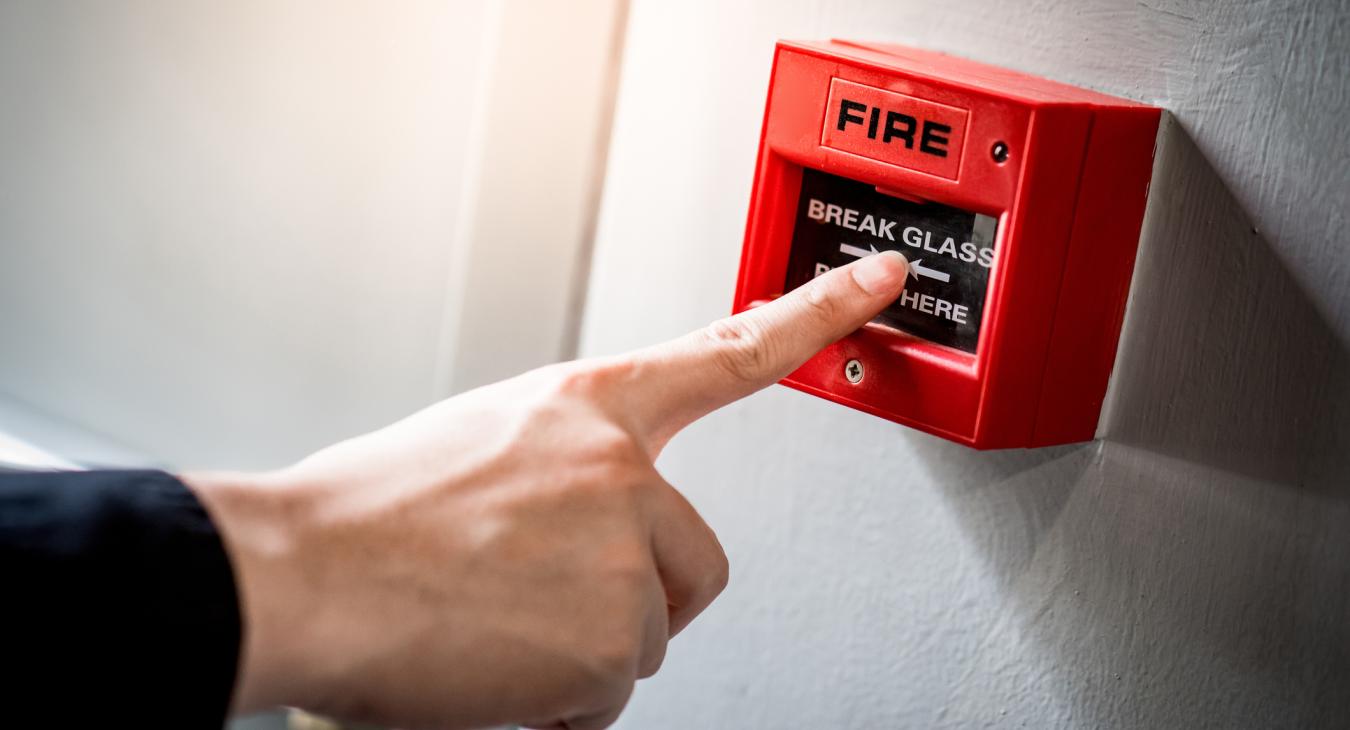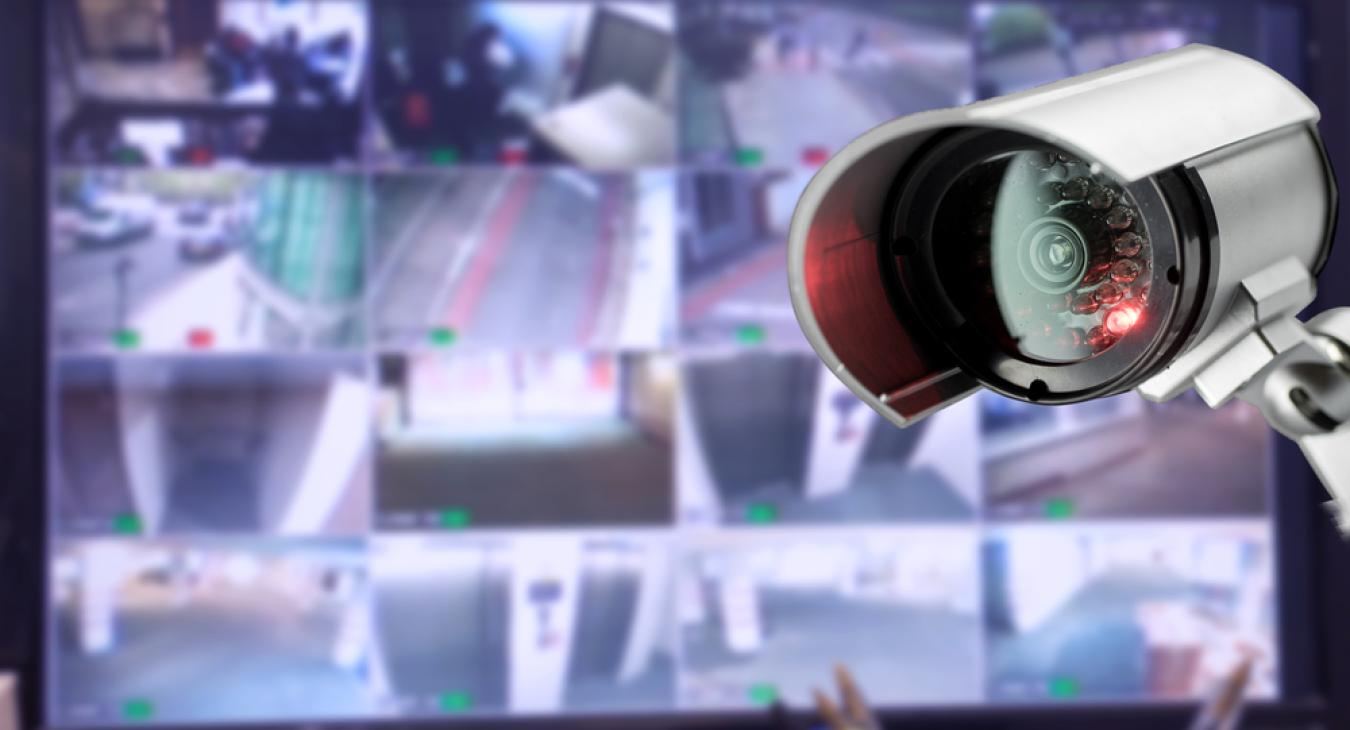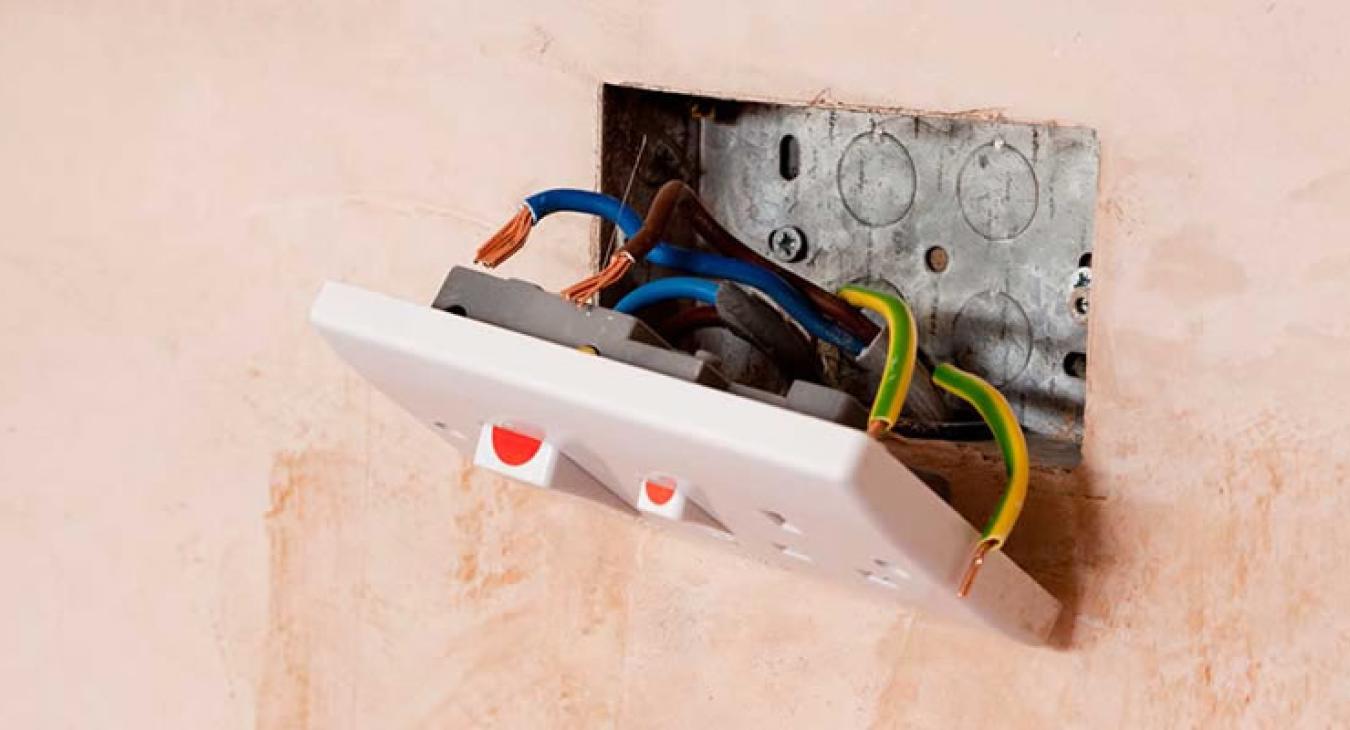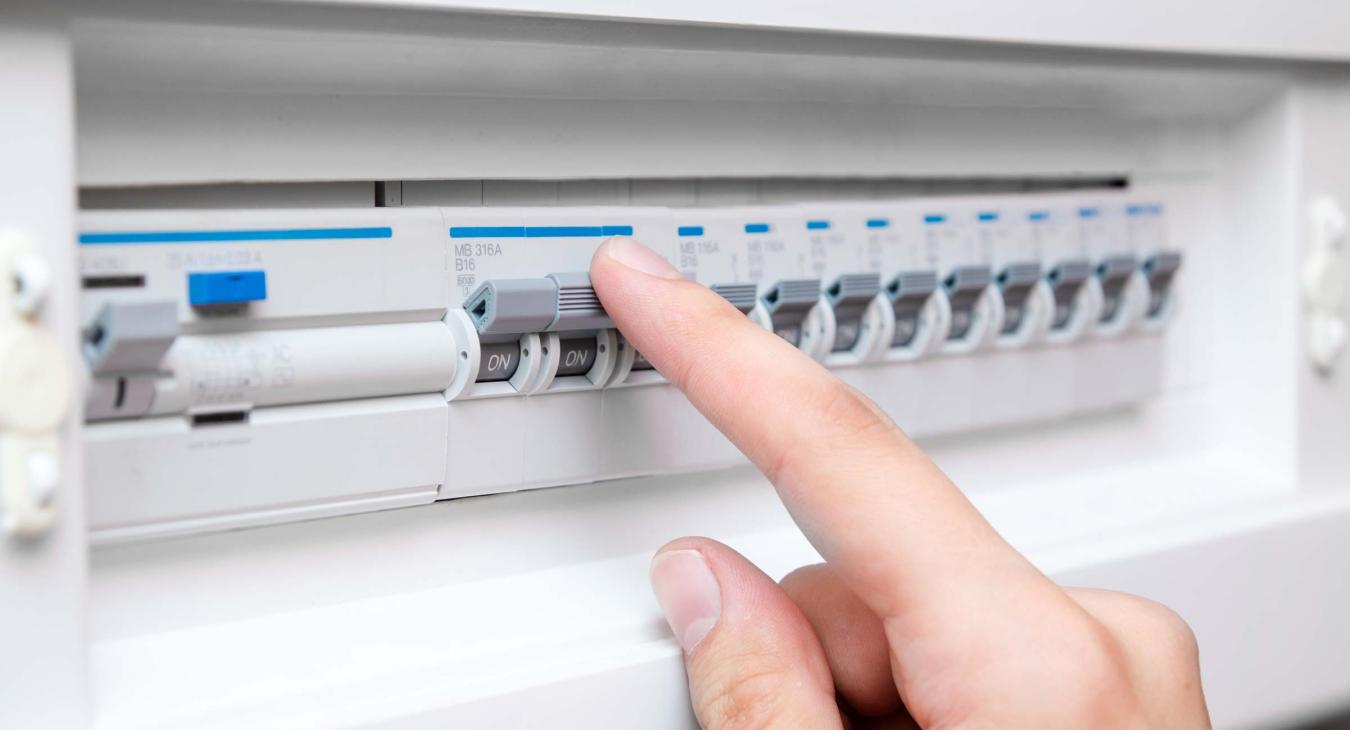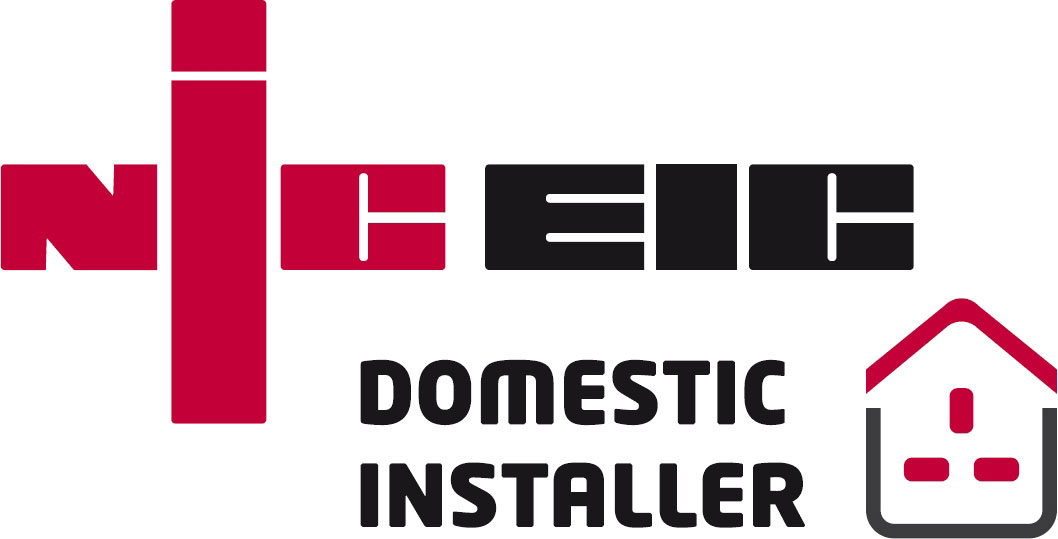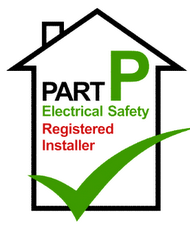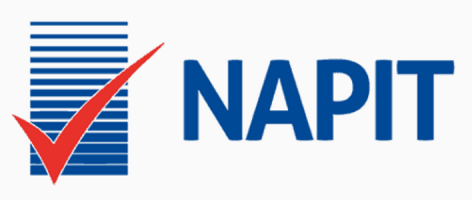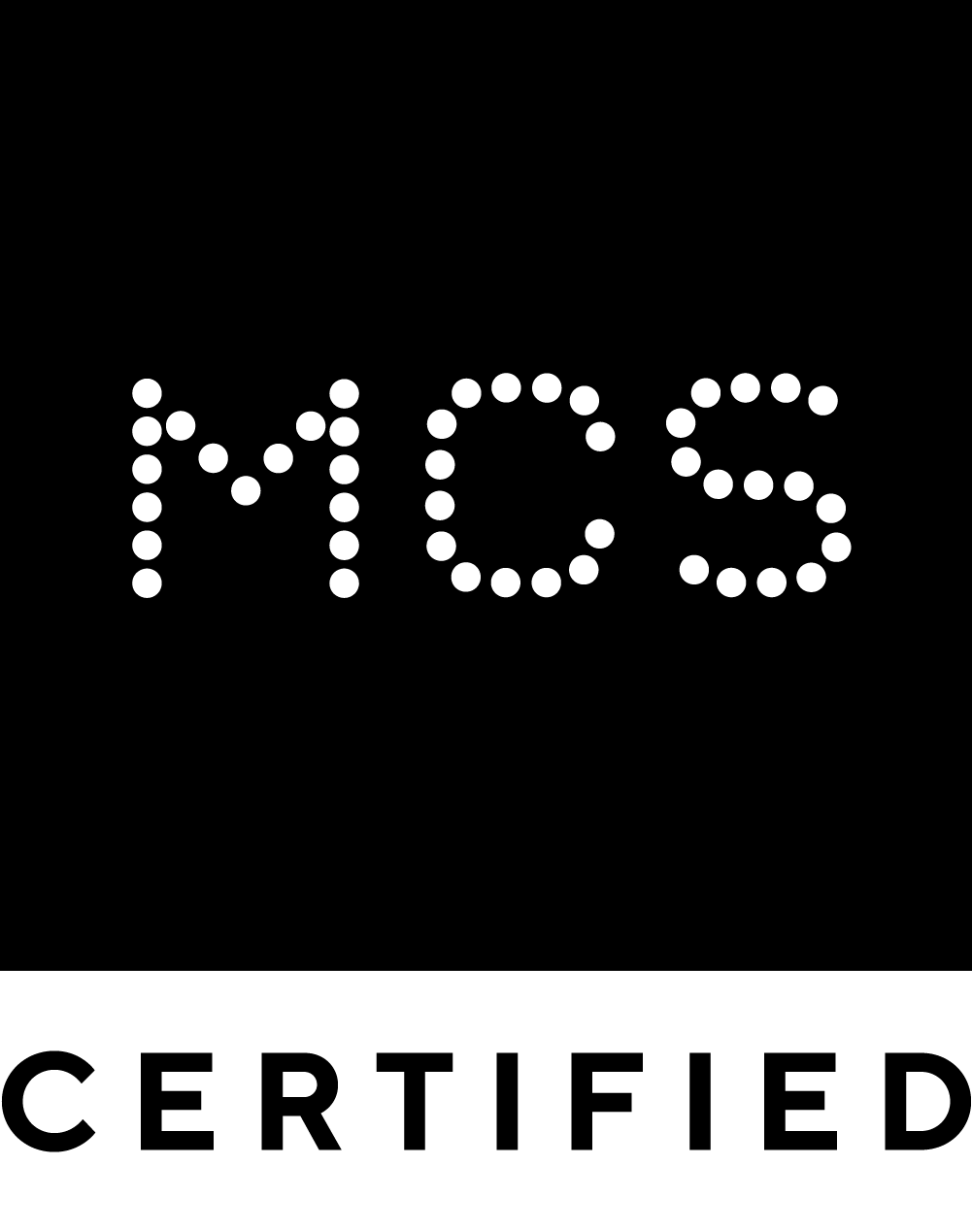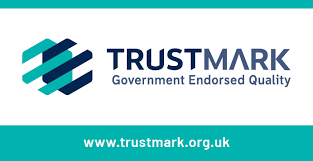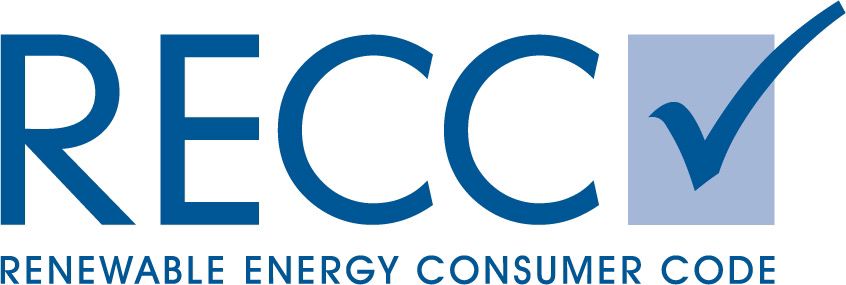Electrical safety certificates are essential for ensuring that electrical installations are safe, legally compliant and meet industry standards.
In Blackpool, as across the UK, certain types of electrical work must be tested and certified to confirm compliance with the IET Wiring Regulations (BS 7671) and Part P of the Building Regulations. Whether you’re a homeowner, landlord, or business owner, knowing when a certificate is required and what type is needed can help you avoid safety risks, legal issues, and potential fines.
When Is an Electrical Safety Certificate Required?
Any new electrical installation, full rewire, or significant alteration to an existing circuit must be tested and certified. For major work, an Electrical Installation Certificate (EIC) is issued to confirm that the installation meets the necessary safety standards. Smaller jobs, such as installing additional sockets or lighting points on an existing circuit, typically require a Minor Works Certificate (MWC) instead. However, minor electrical tasks like replacing a light fitting or swapping a socket faceplate do not need formal certification.
Part P of the Building Regulations states that any electrical work in special locations, such as bathrooms, must also be signed off by a registered electrician. Failing to have the correct certification could lead to problems when selling a property, as missing documentation may result in legal complications or require costly remedial work.
Electrical Safety Certificates for Landlords and Businesses in Blackpool
Landlords in Blackpool are legally required to have an Electrical Installation Condition Report (EICR) carried out at least every five years for rental properties. This inspection checks the overall safety of the electrical system, highlighting any faults or potential hazards. Under The Electrical Safety Standards in the Private Rented Sector (England) Regulations 2020, landlords must ensure their properties meet safety standards, and any urgent remedial work must be completed promptly.
For businesses, electrical compliance is just as important. Under The Electricity at Work Regulations 1989, employers must ensure their electrical systems are maintained to prevent danger. Regular EICRs and Portable Appliance Testing (PAT) help businesses comply with health and safety regulations and avoid liability in the event of an electrical incident. Keeping up to date with safety certificates not only ensures compliance but also protects employees, customers, and tenants.
Choosing Qualified Electricians for Certification
To be valid, an electrical safety certificate must be issued by a qualified and registered electrician, such as an NICEIC-approved contractor. This accreditation ensures the electrician has the necessary training and experience to complete work safely and in compliance with UK regulations. Choosing a certified electrician also provides peace of mind that the work has been carried out to the highest standard, reducing the risk of electrical faults or failures.
At West Coast Electrical, we are NICEIC-approved and fully insured with public liability cover of up to £10 million, ensuring that all work is carried out professionally and safely. Whether you need an EIC, MWC, or EICR, our team can provide thorough testing and certification for homes, rental properties, and commercial buildings in Blackpool and the surrounding areas.
Contact West Coast Electrical today for expert advice and a professional service. Our team covers Blackpool and the Fylde Coast, providing reliable electrical testing and certification. Get in touch to book an inspection and ensure your property meets the latest safety regulations.

